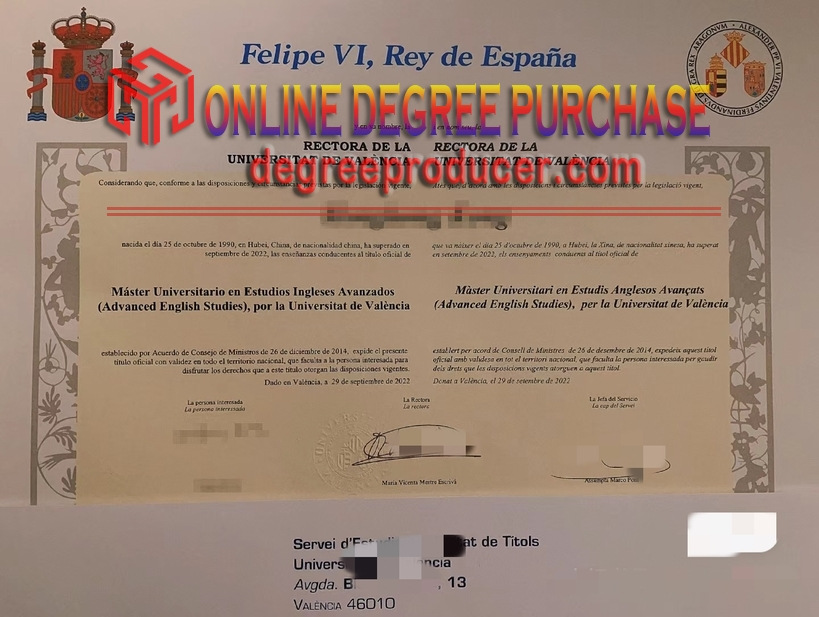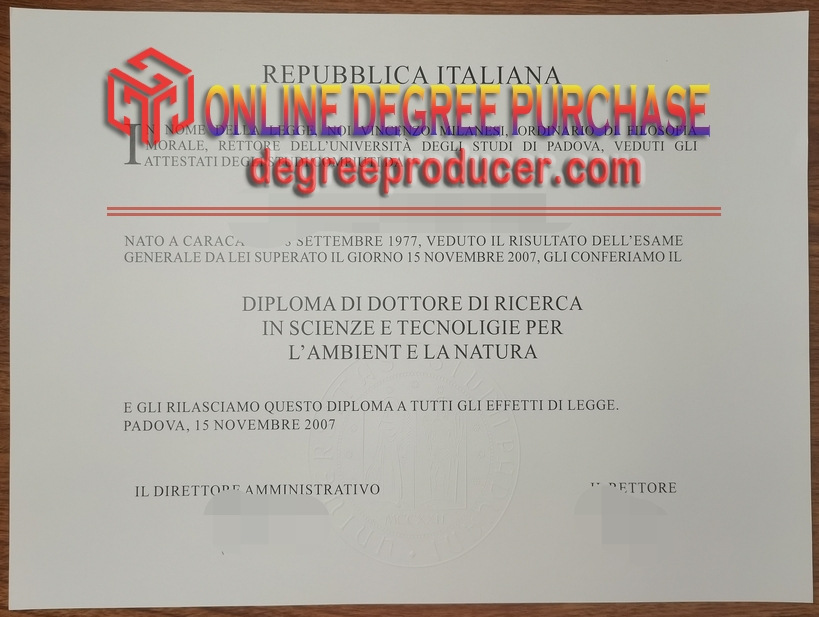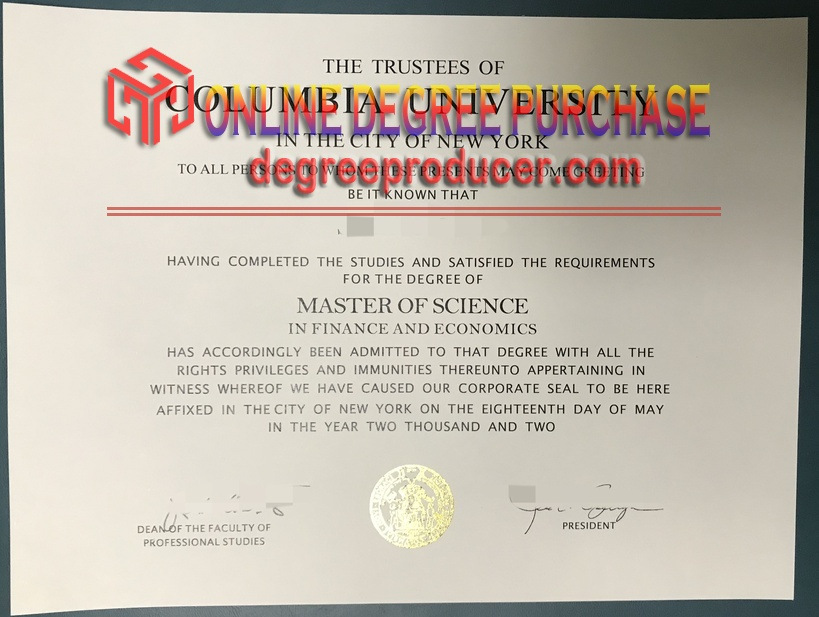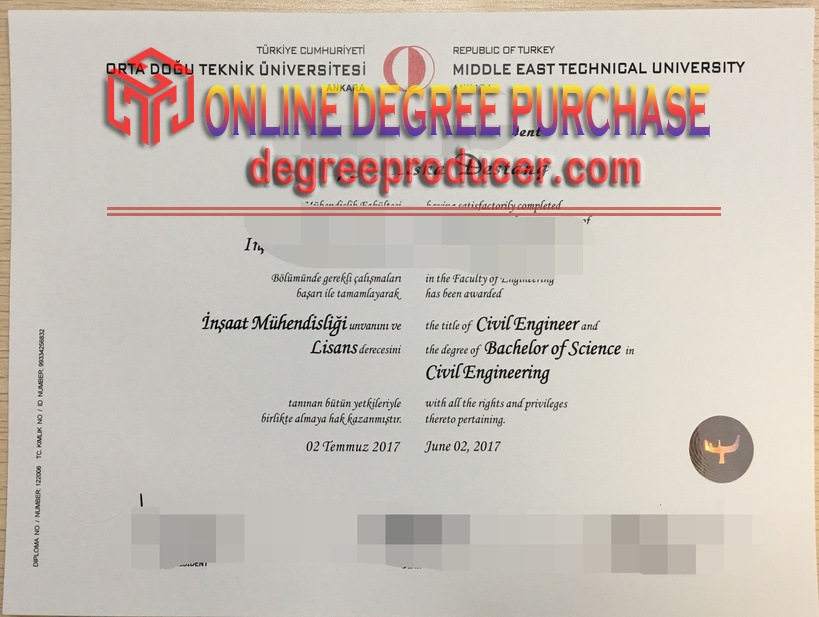📚 Copying a Fake Degree from Atlantic Cape Community College: Navigating the Veracity of Credentials
In today's fast-paced academic world, degrees play an essential role in career advancement. However, with increasing competition and diverse educational opportunities, questions arise about the authenticity of credentials obtained through various means. This article aims to explore the concept of copying a fake degree from Atlantic Cape Community College, delving into its implications for both students and employers.
Understanding the Demand for Fake Degrees
In recent years, there has been a growing trend among job seekers who aspire to enhance their resumes by acquiring degrees from prestigious institutions like Atlantic Cape Community College.
The Role of Institutions
Atlantic Cape Community College is known for its diverse educational programs that cater to different academic interests and career goals. However, the demand for "copies" or fake versions of these degrees has surged among individuals seeking shortcuts to meet job requirements or impress potential employers.
Motivations Behind Fake Degrees
Individuals might opt for a fake degree from Atlantic Cape Community College due to various reasons:
- Career Advancement: Achieving additional qualifications can open doors to better opportunities within one's field.
- Academic Limitations: Some may lack the time, resources, or motivation to complete formal education through traditional means.
Consequences of Copying Fake Degrees
Impact on Employers
Employers are increasingly wary about hiring candidates with potentially fraudulent degrees. A degree from Atlantic Cape Community College that is "copied" might not only mislead potential employers but also undermine the credibility of genuine graduates who have worked hard to earn their credentials.
Repercussions for Students
For students seeking to copy a fake degree, they risk losing the integrity associated with honest academic achievement. Additionally, if detected later in life or during further education, this could lead to significant challenges and setbacks in one's career path.
Detection Methods
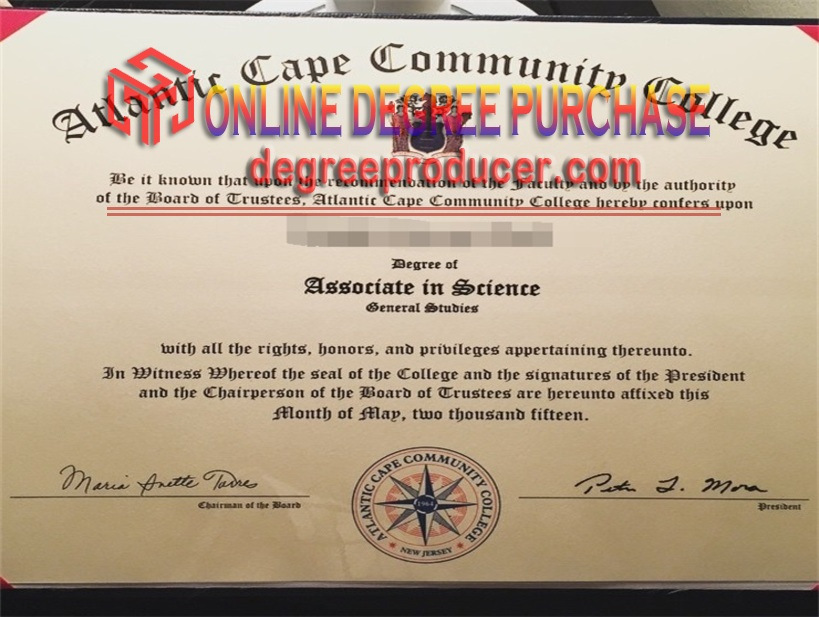
Verification Processes
To ensure authenticity, several methods can be employed:
- Official Website: Checking the official website of Atlantic Cape Community College for a list of recognized graduates.
- Academic Records: Contacting the college directly or requesting certified transcripts to verify the degree details.
- Peer Review: Consulting with colleagues who have earned degrees from the same institution.
Ethical Considerations
Integrity and Honesty
The act of copying a fake degree raises ethical questions about personal integrity. Honest, hard work is often undervalued in favor of quick fixes or shortcuts.
Trust in Educational Systems
If more individuals opt for fraudulent means to secure educational credentials, it could weaken the trust that society places on institutions like Atlantic Cape Community College and their graduates.
Conclusion
In summary, while there exists a market demand for fake degrees from institutions such as Atlantic Cape Community College, careful consideration must be given to the long-term consequences. Authenticity remains paramount in an increasingly competitive job market, where genuine credentials hold greater value than copies or fakes. Employers, students, and educational institutions alike should strive to uphold standards of integrity and transparency to maintain trust within academic communities.
By understanding these aspects, individuals can make informed decisions regarding their educational pursuits and career paths, ensuring that they align with the values of hard work and honesty.
- By admin
- March 23, 2025

